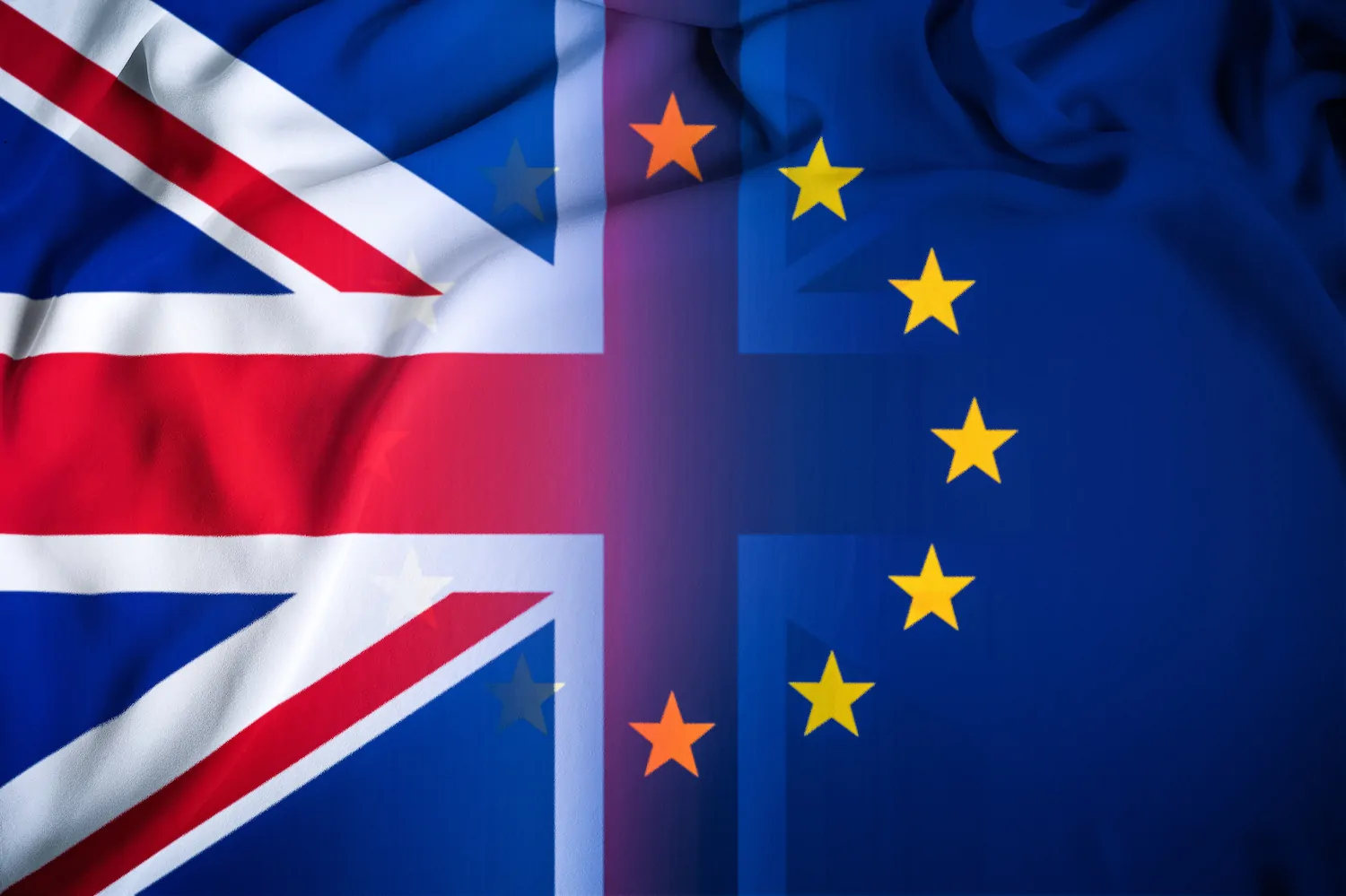EU (Parliament Politic Magazine) – The British Ports Association (BPA) has stated that scrapping EU-era red tape, which has restricted British ports for decades, will greatly enhance flexibility and improve competitiveness.
The Department for Transport has confirmed that the EU Port Services Regulation (PSR), a Brussels legislation that relates to port services provision, will be revoked in accordance with the recently passed Retained UK Law Act.
This decision will allow UK ports to continue using British rules on governance and maintain their existing flexible regimes and arrangements with service providers.
The Rules Suit European Port Sectors More Than The UK Ports
The British Ports Association, which represents ports facilitating 86 percent of Britain’s seaborne trade, including most of the operators covered by the rules, has hailed this decision as evidence of the “Brexit dividend”.
Richard Ballantyne, the Chief Executive Officer, expressed his enthusiasm, stating, “This is fantastic news for the UK maritime industry as the PSR created an inflexible system with additional costs for ports and shippers.
The announcement ensures that our industry can continue to operate without the unsuitable rules that could have caused delays and frustration for valued port users and service providers. Unlike other port communities, our industry is financially, strategically, and regulatory independent, with a strong focus on competition and customer service.”
Mr. Ballantyne further explained, “These rules were originally designed to suit other European port sectors where similar rules were lacking but with more state involvement. Therefore, we have long maintained that they are not suitable for the UK.”
“Indeed, we already have clear and well-established rules and arrangements in place, resulting in a modern and dynamic customer-oriented ports sector serving port users in Britain.”
UK Set To Reapeal To EU Port Services Legislation
The Department of Transport (DoT) recently conducted a consultation on the proposal to repeal the EU port services legislation. The consultation took place from March 22, 2022, to April 22, 2022, and the outcome was published on Monday.
The results of the consultation revealed that out of the three responses received, two were strongly in favor of proceeding as planned, while the third response expressed contentment with the proposal.
In a statement delivered in the House of Lords on September 16, 2021, the former Brexit minister Lord Frost stated, “We also have plans to repeal the EU’s Port Services Regulations, which is a prime example of a regulation that heavily favored EU interests and did not function effectively for the UK.”
UK Ports Operate Under A Different Model
Maritime legal expert Jonathan Moss, in an interview with the transport, trucking, and logistics news website TransInfo last year, highlighted that although the UK faces similar challenges to European ports, such as the increase in size of container vessels, bottlenecks, and soaring container prices, the majority of UK ports operate under a different model as they are privately owned.
The Labour Party has made a commitment to revamp the 2020 Trade and Cooperation Agreement with the European Union if it regains power in the next general election. In a recent speech, Mr Thomas-Symonds outlined the specific changes they intend to make, emphasizing their determination to address the shortcomings in Boris Johnson’s Brexit deal.
These proposed changes include strengthening ties with the EU in the fields of research and scientific development, as well as removing trade barriers that were established as a consequence of the 2016 referendum. However, Mr Thomas-Symonds clarified that Labour does not intend to seek re-entry into the EU Customs Union or Single Market during the scheduled review of the agreement in 2025/26.
Read More: UK Citizens Traveling To Europe To Undergo Fingerprint and Face Scans
The Proposal Aims To Enhance EU UK Secuirty Cooperation
Instead, the party aims to offer the EU the opportunity to enhance security cooperation between the UK and the EU as they seek to amend the existing pact. Mr Thomas-Symonds stated, “We understand the need to rebuild trust.
The first priority upon assuming power will be to negotiate a new UK/EU security pact. This is not a one-sided concession; it is in our best interest to do so, as crime transcends borders.”
Furthermore, he confirmed that Labour is receptive to the idea of establishing a free trade agreement (FTA) with the United States, demonstrating their openness to exploring various trade opportunities.
By presenting a clear vision for their approach to the Trade and Cooperation Agreement, Labour aims to demonstrate their commitment to addressing the flaws in the current deal while also pursuing mutually beneficial partnerships with other nations.


